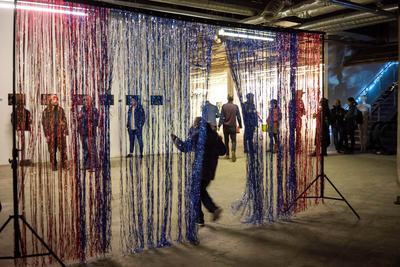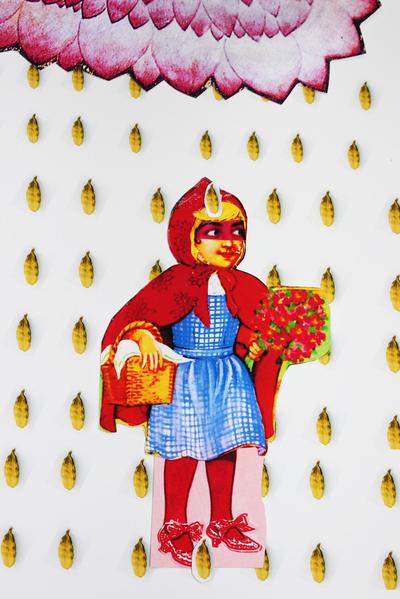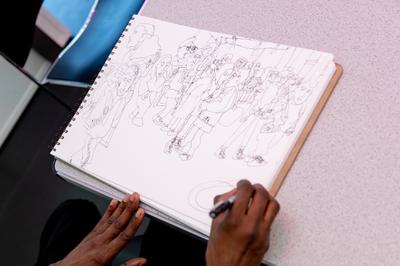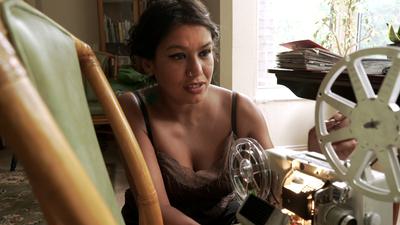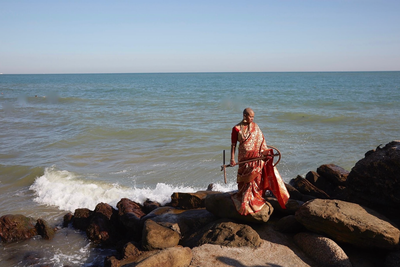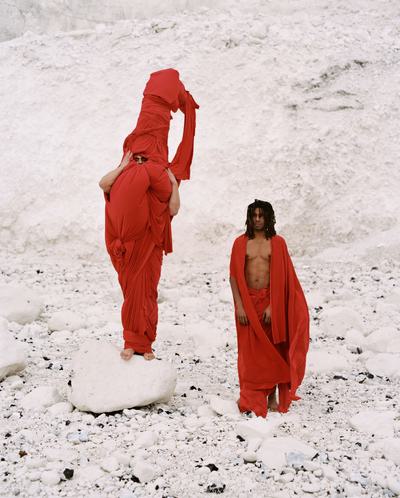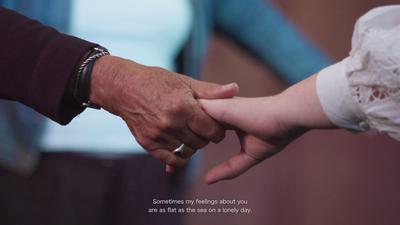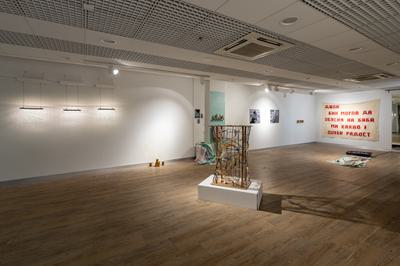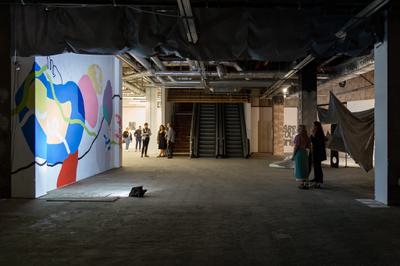Connecting Artists with opportunity
Our Support and initiatives
Explore Axis’s initiatives, where we support artists and enrich the world of contemporary visual arts. Our programmes, past and present, aim to inspire, connect, and empower.
Become a member
We support our members with: insurance, networks, space, opportunities, R&D awards, profiling, advice and mentoring.
Become a member
